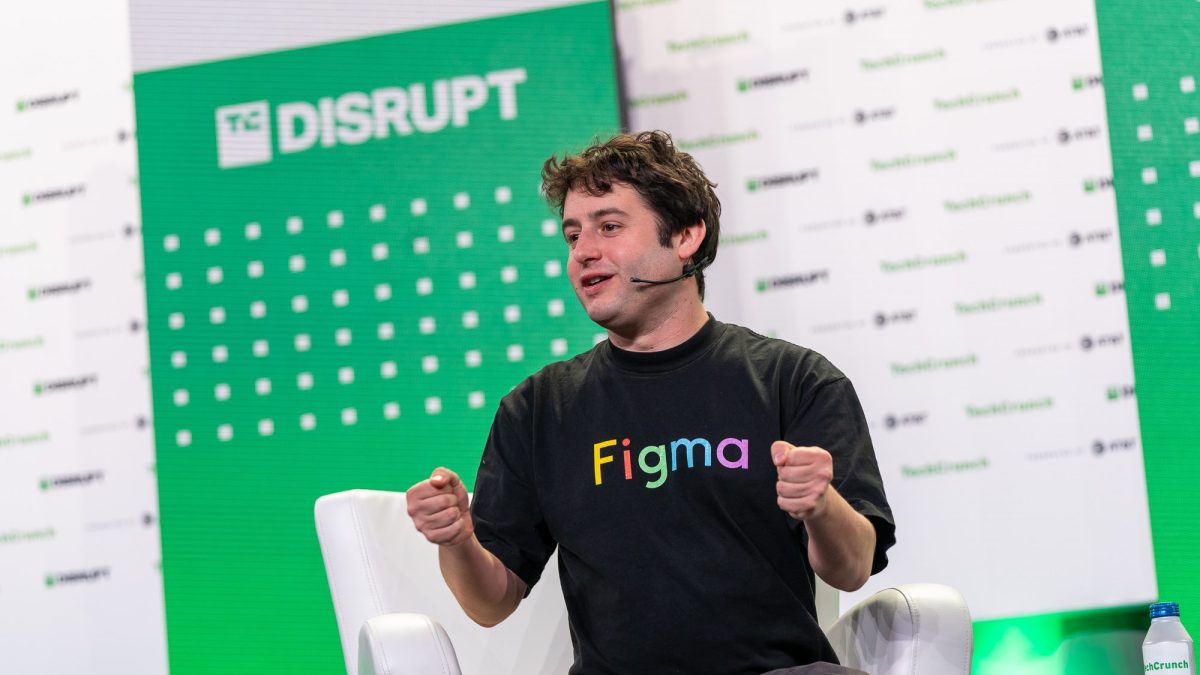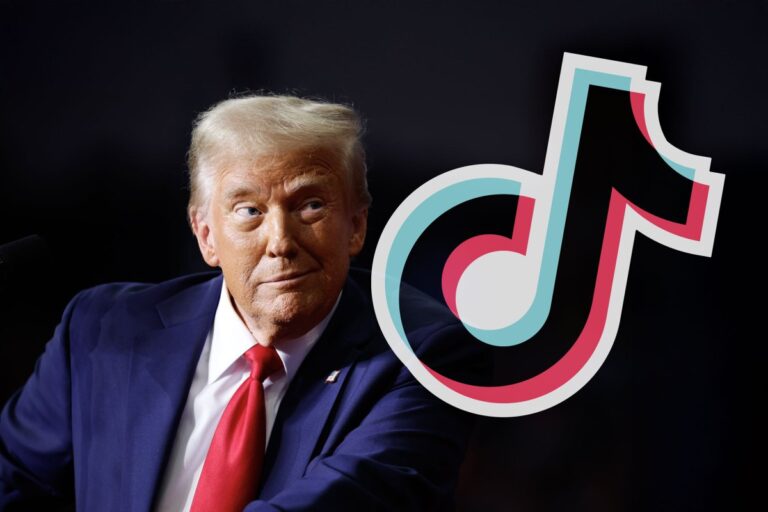Figma Issues Cease-and-Desist to Lovable Over Controversial ‘Dev Mode’ Trademark
In the fast-paced world of technology, a new rivalry appears to be brewing between two key players. Figma, a well-known design tool, has issued a cease-and-desist letter to the no-code AI startup Lovable, as confirmed by Figma to TechCrunch. This letter demands that Lovable stop using the term “Dev Mode” for a new feature, a term that Figma trademarked last year.
The Trademark Dispute: Figma vs. Lovable
The core of the dispute centers around Figma’s claim over the term “Dev Mode.” According to the U.S. Patent and Trademark Office, Figma successfully secured trademark rights to this specific term, which raises questions about its applicability in the broader tech landscape.
The Common Usage of “Dev Mode”
Interestingly, “dev mode” is a widely recognized term among software developers. It’s akin to an “edit mode,” and many major tech giants, including:
- Apple’s iOS
- Google’s Chrome
- Microsoft’s Xbox
have implemented features termed “developer mode,” often referred to as “dev mode” in user documentation. Even Atlassian has utilized this terminology in products long before Figma’s trademark.
Figma asserts that its trademark applies only to the abbreviation “Dev Mode,” not to the more general “developer mode.” However, critics argue that attempting to trademark such a common term is akin to claiming ownership over the word “bug” in software development.
Lovable’s Response and Future Implications
Lovable’s co-founder and CEO, Anton Osika, has stated that the company currently has no plans to comply with Figma’s request. This sets the stage for a potential escalation in the legal battle, especially considering Lovable’s recent success in raising $15 million in seed funding.
The Rise of Vibe Coding
Lovable is gaining traction in the innovative arena of vibe coding, where users can create software by simply describing their needs in text prompts. The recent launch of Lovable’s “dev mode” feature allows users to edit generated code seamlessly.
Lovable positions itself as a direct competitor to Figma, emphasizing that users can accomplish their design goals without the cumbersome prototyping traditionally associated with tools like Figma. This emerging dynamic indicates that the dispute is not merely about trademarks, but is indicative of a larger competitive landscape.
Figma’s Market Position
Figma’s valuation stood at $12.5 billion about a year ago, reflecting its significant market presence. A spokesperson for Figma noted that they have not pursued similar trademark issues with other companies, like Microsoft, as those products fall into different categories of goods and services.
Looking Ahead
In response to the ongoing rivalry, Osika has encouraged Figma to concentrate on enhancing their product rather than engaging in trademark disputes. He claims that Lovable is successfully attracting customers away from Figma and other established design tools.
In a recent discussion, Figma co-founder Dylan Field expressed skepticism about the long-term viability of vibe coding, suggesting that while it offers speed, it lacks the depth needed for comprehensive design and development.
As this situation unfolds, it will be interesting to see how Figma and Lovable navigate this competitive landscape and whether Lovable’s innovative approach to coding can disrupt the status quo.
For more insights into the evolving tech industry, stay tuned to our updates.







